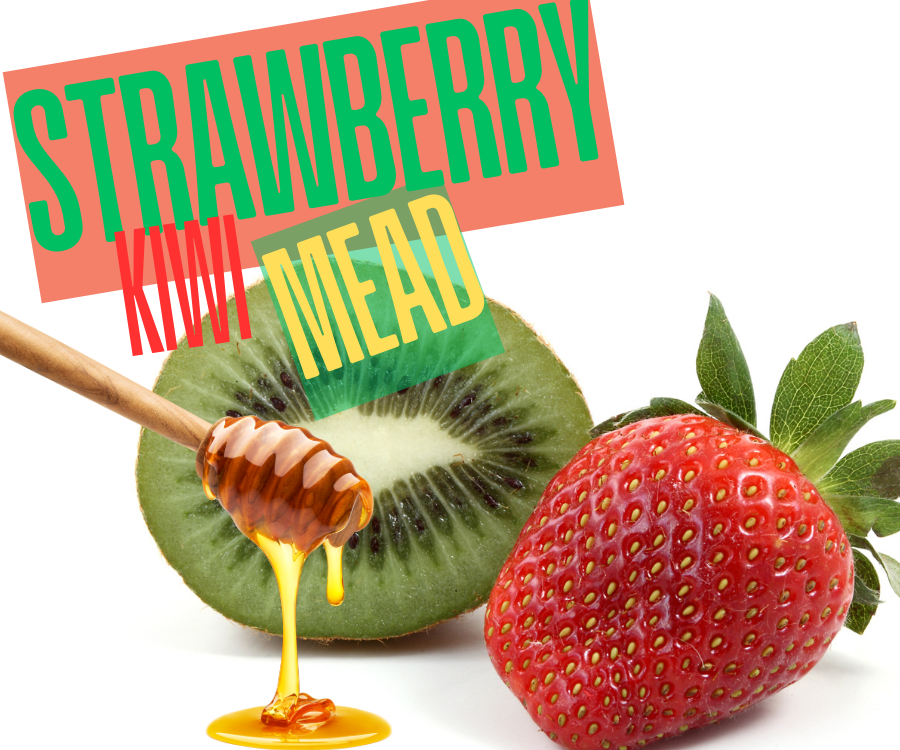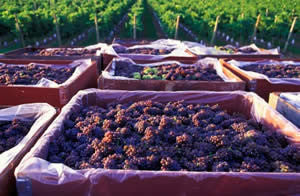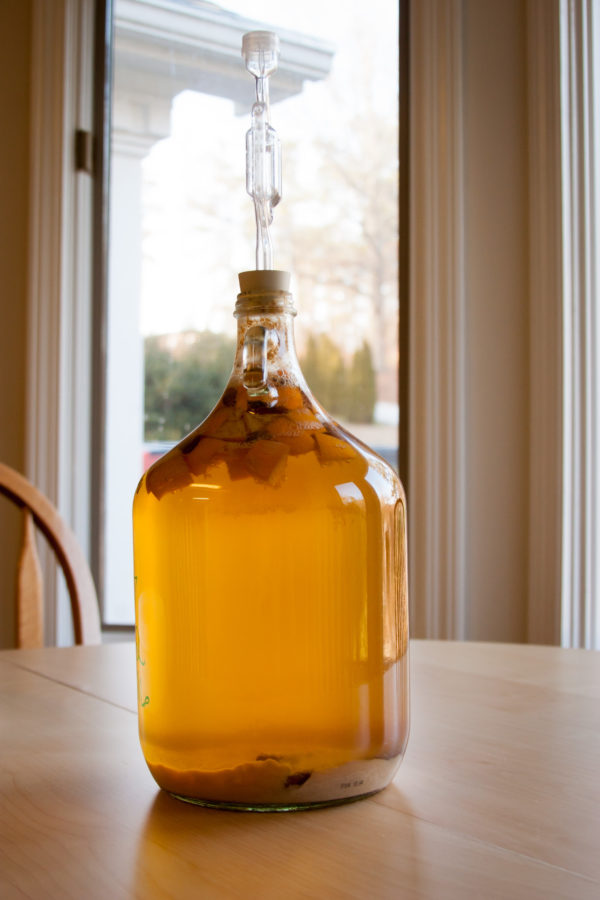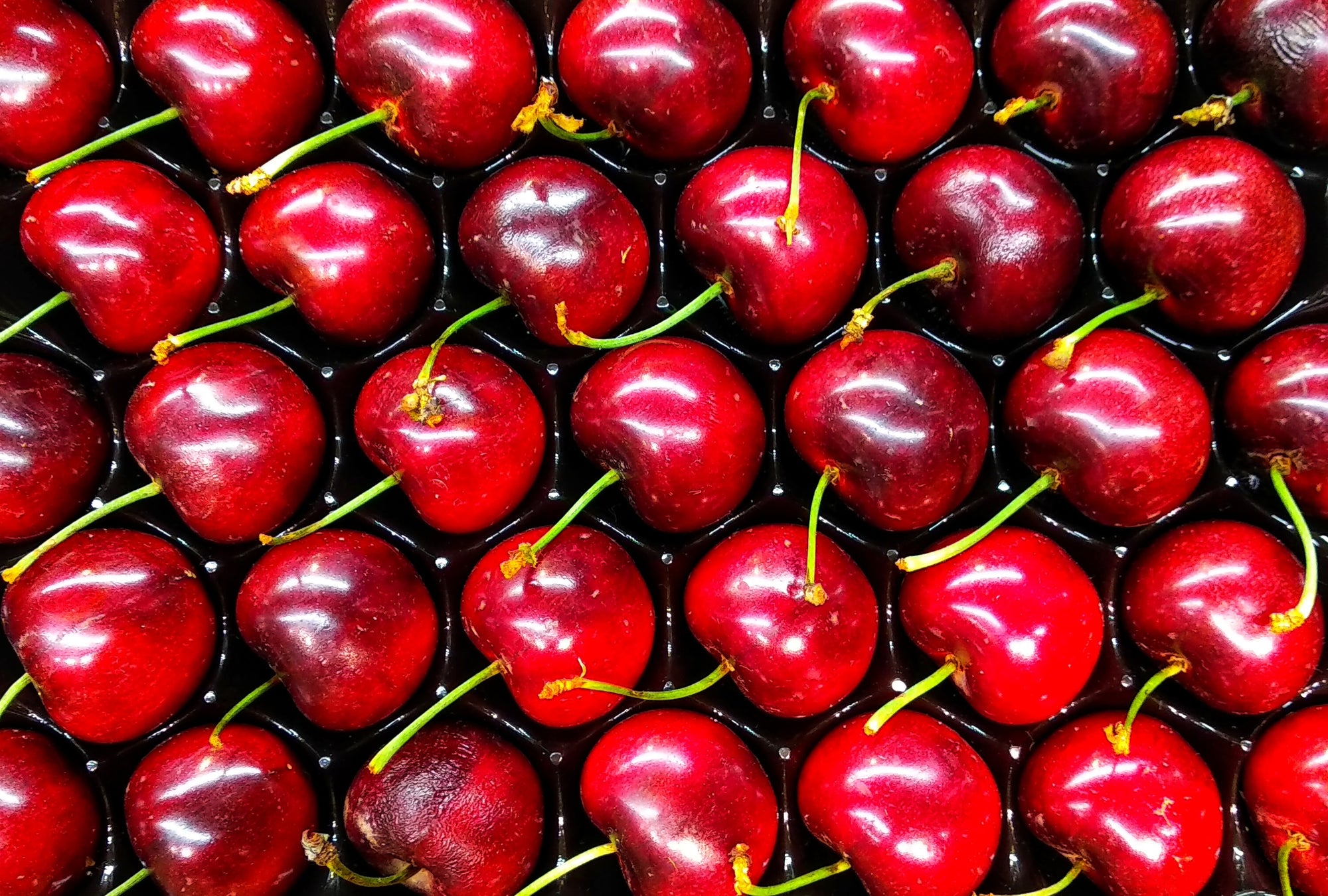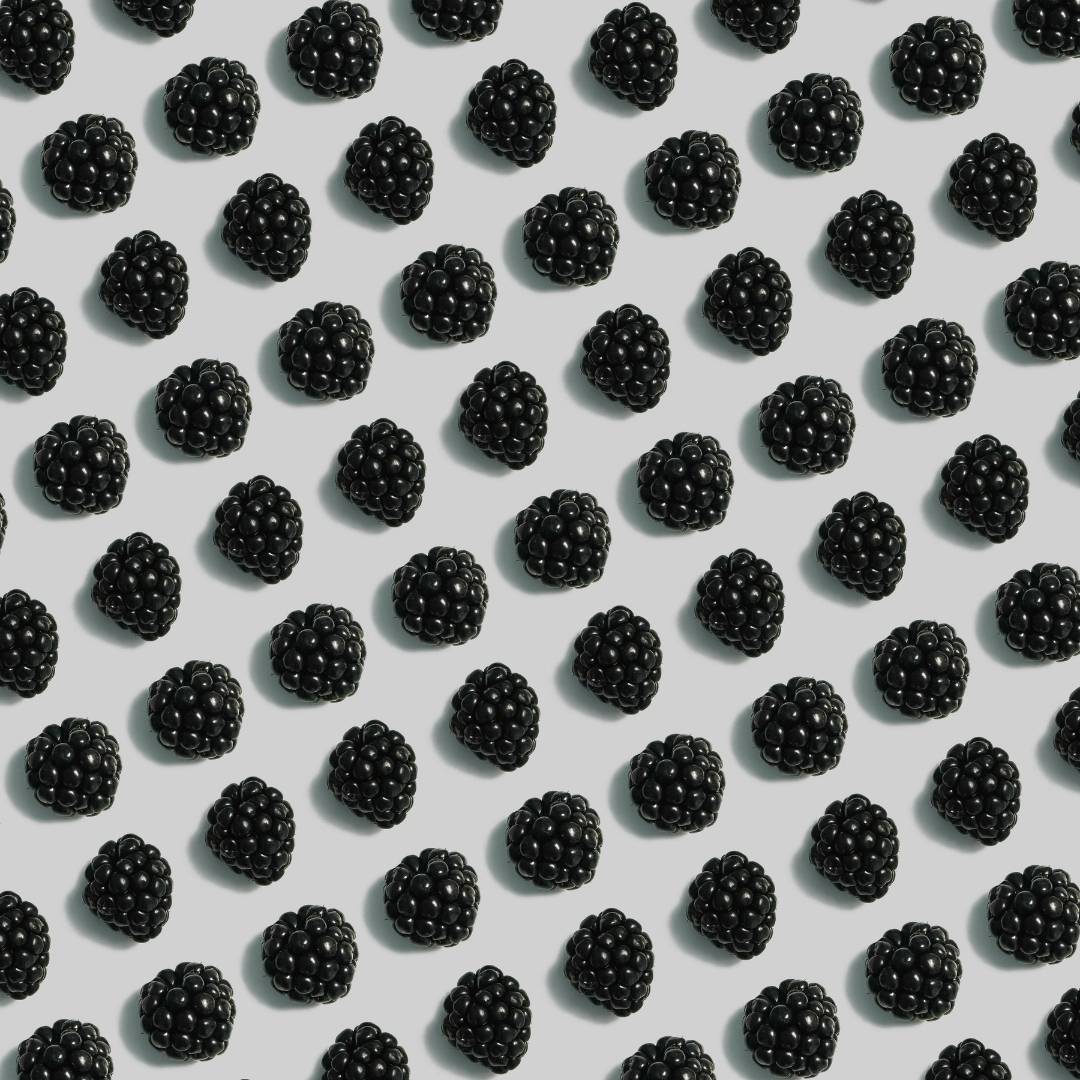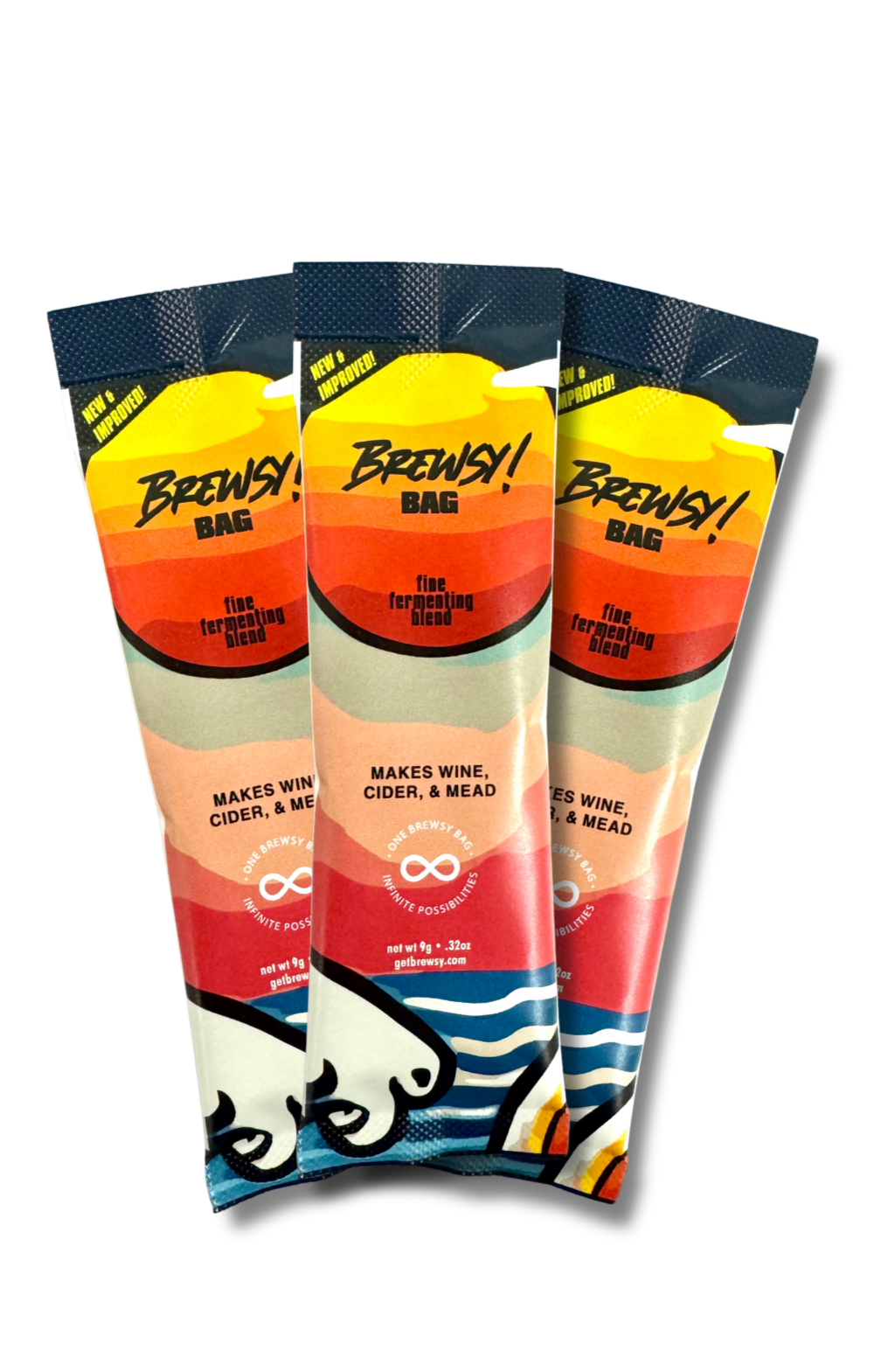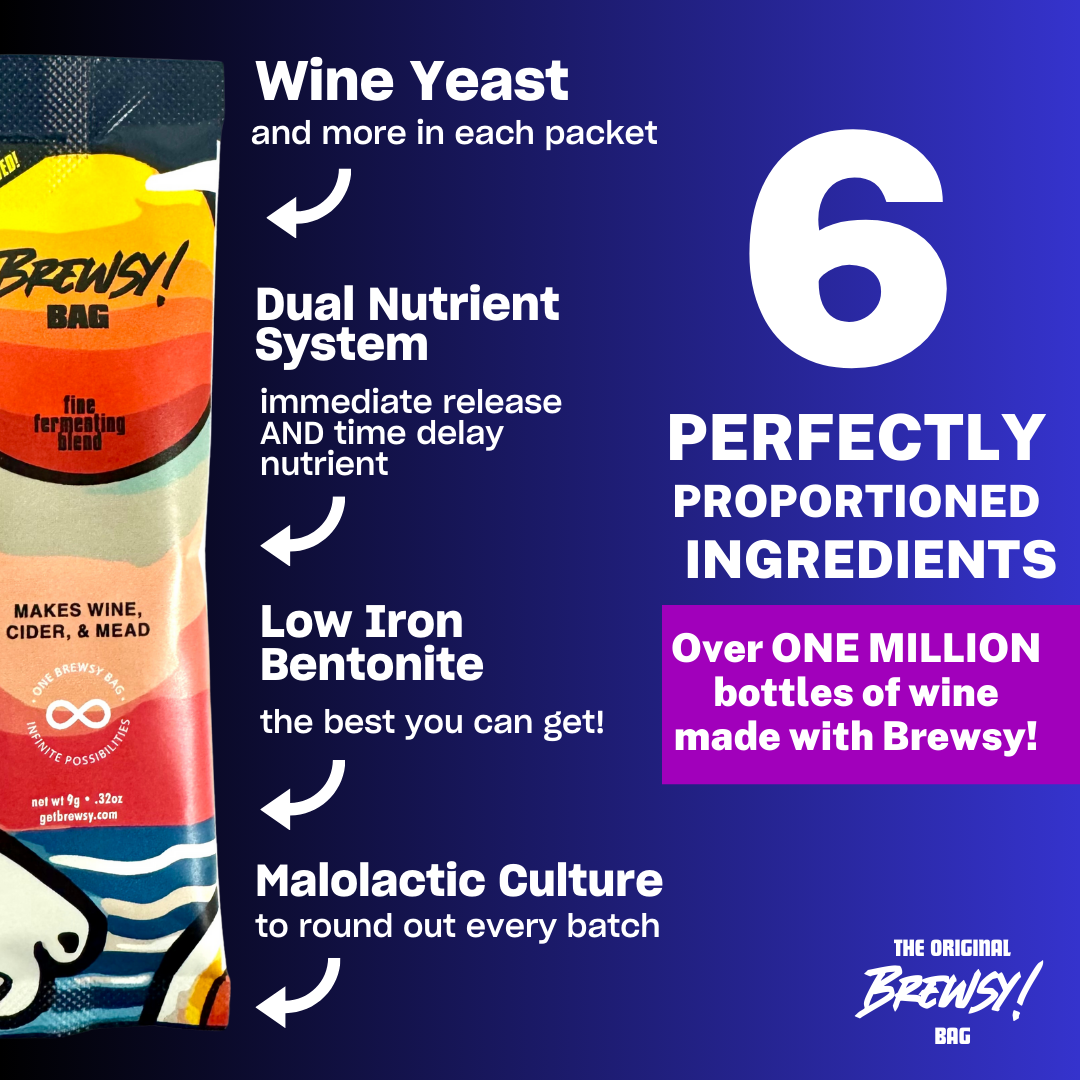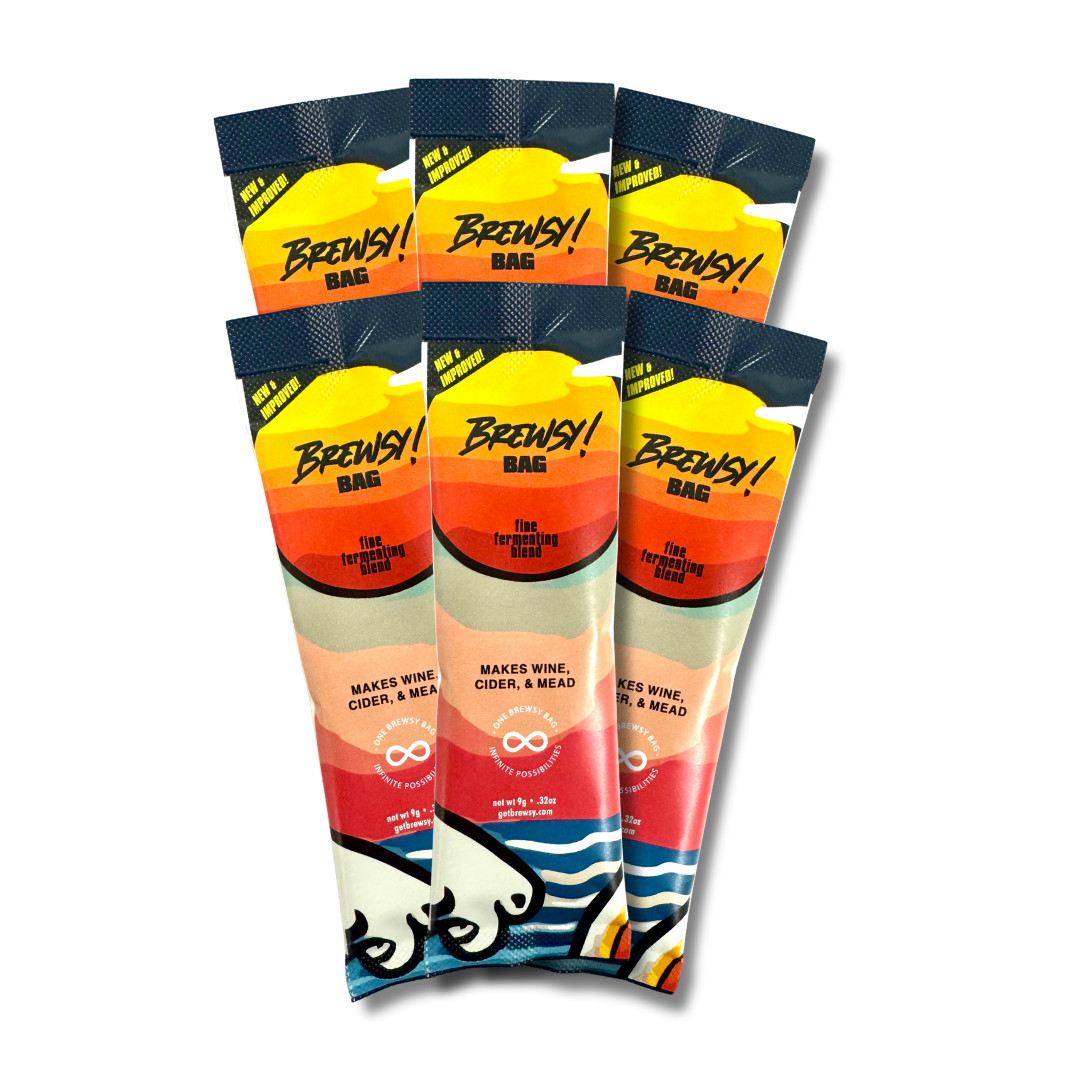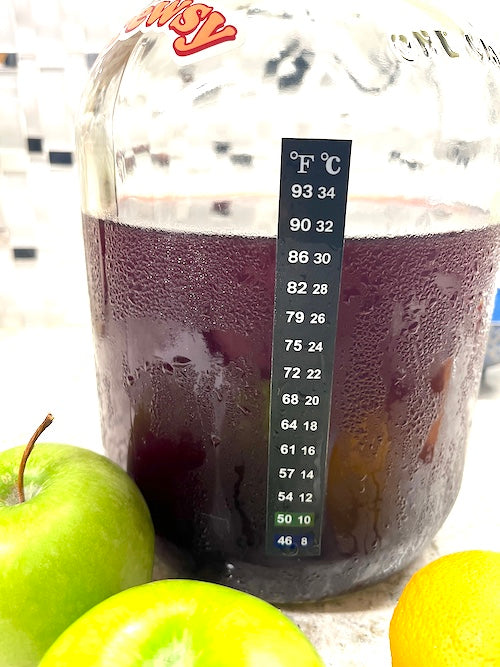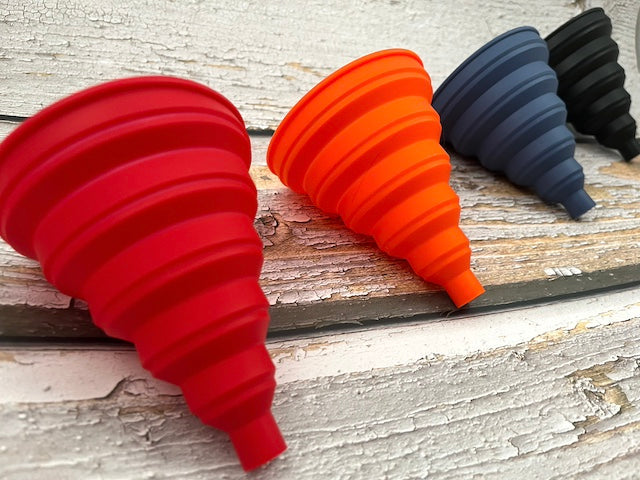
Why are sulfites added to wine?
Why are sulfites added to wine?
When visiting the liquor aisle, you may sometimes see bottles of wine with an ominous phrase: "contains sulfites," but it is no cause for concern as sulfites can naturally develop during the fermentation process of winemaking. However, some people may be sensitive to sulfites and can experience negative effects. Here's everything you need to know about sulfites in wine.
Sulfites are chemicals that occur naturally in some foods and drinks, and for centuries, people have used them as food preservatives. The use of sulfites surged in the 1970s and 1980s as a way to extend the shelf life of foods. You may be wondering, why does wine contain sulfites? Sulfites are added to wine for several reasons: protection against oxidation, prevention growth of unwanted organisms, and preservation of desired color.
While most people can enjoy wine without any issues, there are two groups that may experience negative effects with sulfites: those with sulfite-sensitive asthma and those who lack the enzyme that breaks down sulfites. If you fall into one of these groups, it's best to avoid wine altogether. However, if you're not sure whether or not you're sensitive to sulfites, pay attention to how your body reacts after drinking wine. If you experience any adverse effects, such as headaches or difficulty breathing, it's best to consult a doctor.
Despite the fact that sulfites are added to wine, they may not be the cause for headaches. In fact, since white wine contains more sulfites than red, it is unlikely that sulfites are to blame. If you would like to keep your intake of sulfites low, look for wines that are labeled "sulfite-free" or organic. These wines may cost a bit more, but they're worth it if you're looking to avoid sulfites.
So, the next time you're perusing the wine aisle, don't be discouraged by bottles that say "contains sulfites." Sulfites are a natural part of the winemaking process and are nothing to be concerned about. However, if you're sensitive to sulfites, it's best to err on the side of caution and avoid drinking wine altogether.
Do you have any questions or comments about sulfites in wine? Let us know in the comments below! And be sure to check out our other blog posts for more information on all things wine. Cheers!

